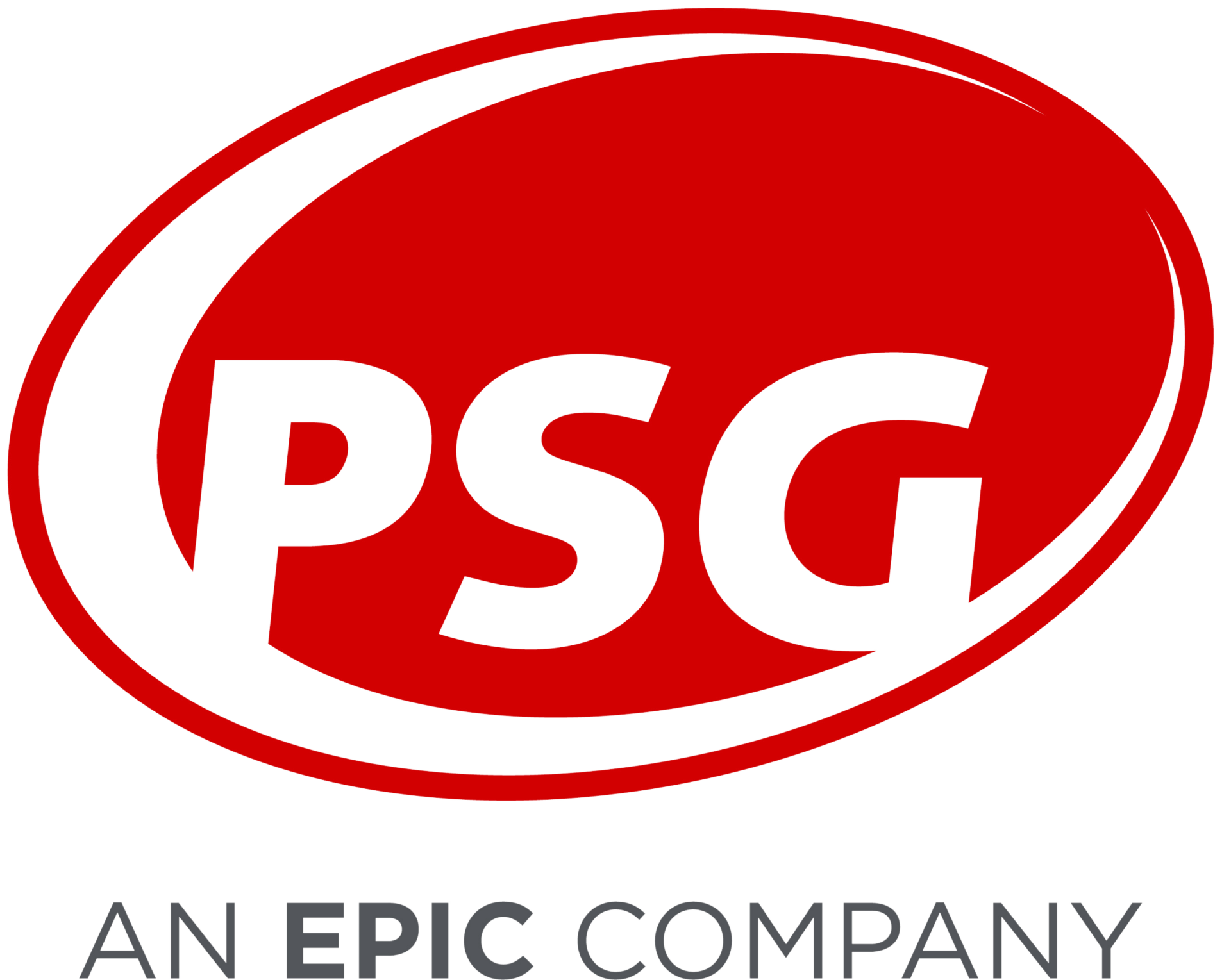The Blockbuster Weight Loss Category Just Got Bigger
Posted on November 21, 2023
And then there were two…
Eli Lilly has received FDA approval for the next weight loss drug. Tirzepatide, on the market today as Mounjaro, will be marketed as Zepbound for this new weight loss indication. It is the second once-weekly injectable GLP-1-like type 2 diabetes drug to gain FDA approval, joining Wegovy, Novo Nordisk’s version of semaglutide approved for weight loss in 2021. Until now, Wegovy (marketed as Ozempic for type 2 diabetes) has dominated the market regarding demand, access, and news for treating obesity.
Zepbound differs slightly from Wegovy in that it reduces appetite by activating two gut hormones: glucagon-like peptide-1 (GLP-1) and glucose-dependent insulinotropic polypeptide (GIP), while Wegovy targets just GLP-1. The efficacy of Zepbound was demonstrated in two studies that enrolled over 2,500 patients with an average weight of 231 pounds. At the highest dose (15mg), patients lost on average 48 pounds; at the lowest dose (5mg), patients lost on average 34 pounds, while patients on placebo lost 7 pounds. One in three patients at the highest dose lost 58 pounds. At the highest dose, Zepbound achieved 20.9% weight loss over 72 weeks, while Wegovy achieved 14.9% weight loss over 68 weeks in a similar study. Note, in all the trials, weight loss benefits occurred in conjunction with lifestyle changes such as diet and exercise.
An estimated 100 million adults in the U.S. are considered obese, approximately 42% of U.S. adults, yet only 50 million have access to obesity meds, according to Eli Lilly. At a list price of $1,060, Eli Lilly priced Zepbound approximately 20% lower than the list price of Wegovy and is offering two levels of patient financial assistance for commercially insured patients based on coverage. For commercially insured patients without Zepbound coverage, the savings card will offer $563 savings for a one-month supply, reducing out-of-pocket costs to around $550 for those patients. The Wegovy copay assistance for patients without insurance coverage reduces out-of-pocket costs to around $1,119. Wegovy has experienced supply issues and struggled at times to meet U.S. demand. In preparation for increased demand due to the expanded indication and hoping to avoid supply issues, Eli Lilly invested more than $2 billion to double production capacity for tirzepatide.
With the FDA approval of Zepbound, the market has another effective tool to achieve weight loss. Competition tends to decrease price, which seems to be the case with Zepbound priced more than 20% less than Wegovy and more robust patient assistance offerings to lower out-of-pocket patient costs. However, these medications are still costly for both payers who provide coverage and patients, which may continue to limit access.
With a robust pipeline of drugs for obesity, increases in efficacy and improvements in dosing will hopefully lead to more positive health outcomes for patients. As more products enter the market, competition should increase, which is encouraging as payers continue to manage the challenges of affordability, the pressure to cover these newer drugs, and the investment in the overall health of their members.
Need help navigating coverage decisions for weight loss medications? PSG has the unbiased clinical and market expertise you need, contact us today to learn more.

